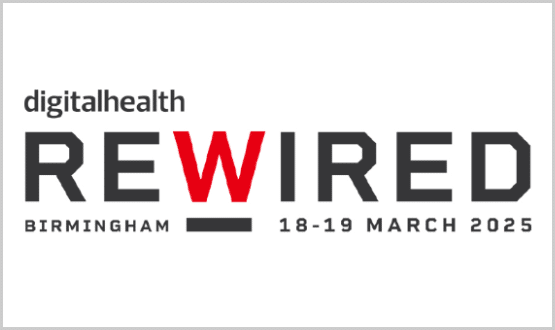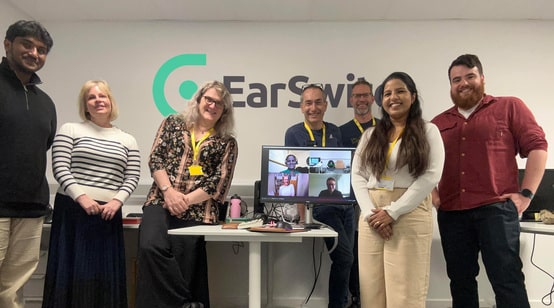What does ‘levelling up’ mean for health and social care?
- 25 February 2020

With a brand new Budget due next month, Markus Bolton, joint CEO of the System C & Graphnet Care Alliance, looks into the government’s ‘levelling up’ agenda and what it could mean for the NHS.
Tackling unwarranted variation has become the holy grail of health and care systems around the world. This drive finds its echo in the Prime Minister’s ‘levelling up’ agenda and his pledge to bring economic and social progress to ‘left-behind’ areas. Next month’s Budget will give us a clearer idea of what levelling up actually means in practice, but we need to see health and social care investment up there.
Health secretary, Matt Hancock, has already announced that the Digital Excellence programme will give way to the Digital Aspirant programme, with spending now focused on getting all UK acute Trusts up to a core standard of digitisation rather than focusing on a few supposedly IT-elite Trusts. Getting all Trusts to the point where they have basic functionality such as a modern PAS, order communications and digital noting is essential. And doing this by building on local plans and priorities makes it much more likely to succeed.
However, this is only one small component of how levelling up in terms of technology can help deliver the Prime Minister’s broader objectives.
We all know how challenged social care is financially and its investment in tech suffers in line with that. Councils invest far less on systems supporting adults’ and children’s social care than the NHS spends on systems supporting acute, community or mental health trusts.
Tech investment usually involves short-term cost with the promise of medium and longer-term benefit, so it is a tough challenge in today’s social care environment. This is perpetuated because the majority of centrally-funded initiatives are directed at the NHS. We need to think about levelling this up.
Differences in healthy life expectancy go far deeper than the North/South divide
Patients and care professionals are also impacted by different levels of digitisation at the level of the care system. Care community-wide shared records have many proven benefits, with clinicians reporting improvements such as a 40% reduction in internal calls for information, a 19% reduction in admissions and A&E attendances for patients with long term conditions, reduced length of stay and a reduction in unnecessary or duplicate interventions. However only 25% of care communities currently have shared records in place, so levelling up is needed here too.
These are all important factors which will help reduce unwarranted variation in outcomes, but the most important of all are to do with prevention and targeted care. The advent of population health solutions has really brought healthcare inequalities into the spotlight.
Using real time operational data, clinicians and care planners can now see variations across geographies as small as postcodes; they can look at variances in outcomes for similar conditions across differing care pathways; they can overlay wider determinant data on top of broad, deep and accurate health and social care information in order to better understand inequalities caused by differences in wealth, environment, education and even the number of fast food shops within walking distance of a particular locality.
Differences in healthy life expectancy go far deeper than the North/South divide; within the boundaries of a single affluent county there can be 10-year discrepancies.
It is clear that you cannot level up simply by providing better care. You need to look at a range of factors such as housing, income, the environment, education and happiness if you want to address the root causes of health problems. For example, major drives on improving diet to reduce diabetes may have limited impact in an area where people are struggling to find the money to pay the rent or feed themselves. Planning around data and involving all aspects of the wider community is essential if we are to provide an effective care service with improved outcomes.
While levelling up is good, levelling down is not
In all this we must be clear that some variation is healthy, and we don’t want to hinder innovation and progression. Change also needs to be delivered at pace – nothing stands still, the goal posts will inevitably keep moving and an area will never catch up if it takes them 20 years to feel the benefits.
Most important, while levelling up is generally a good thing, levelling down is not. So applying focus and resources in one area and targeting those resources to make them most effective is just what the doctor ordered, but diverting those resources from somewhere they were also needed in order to improve a certain type of statistic is not. And that applies equally in care of the population and in the provision of technology across the health and social care system.
System C and the Graphnet Care Alliance are the main sponsor of Digital Health Rewired on 3-4 March.
The event is focused on connecting everyone working in health IT with the very best in innovative and disruptive digital health.
Register your place at Rewired 2020 today.





